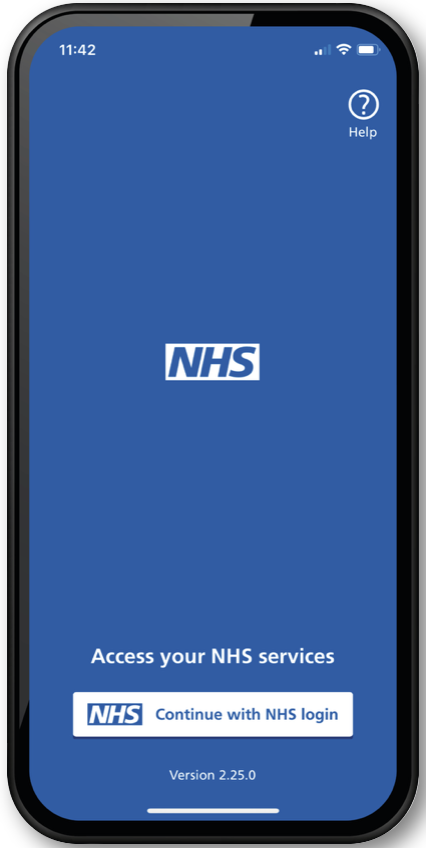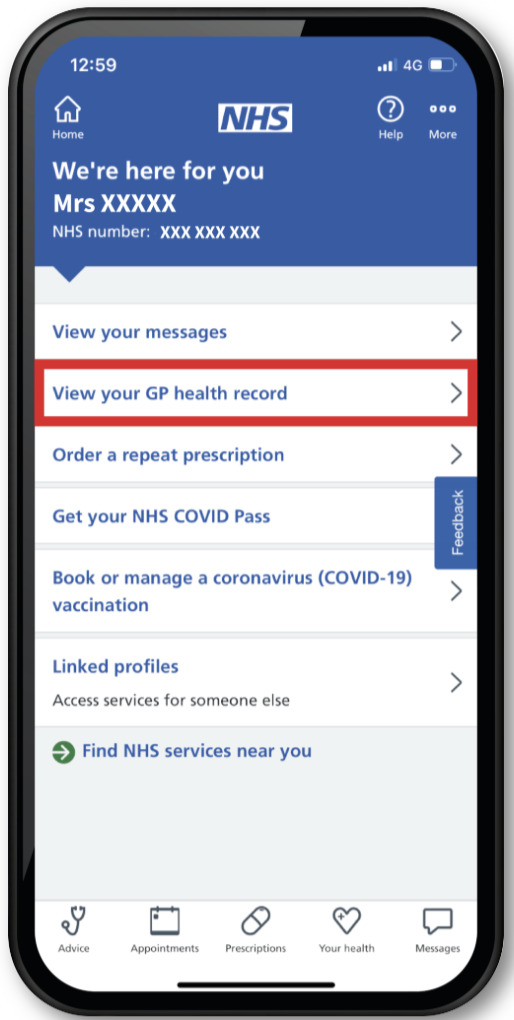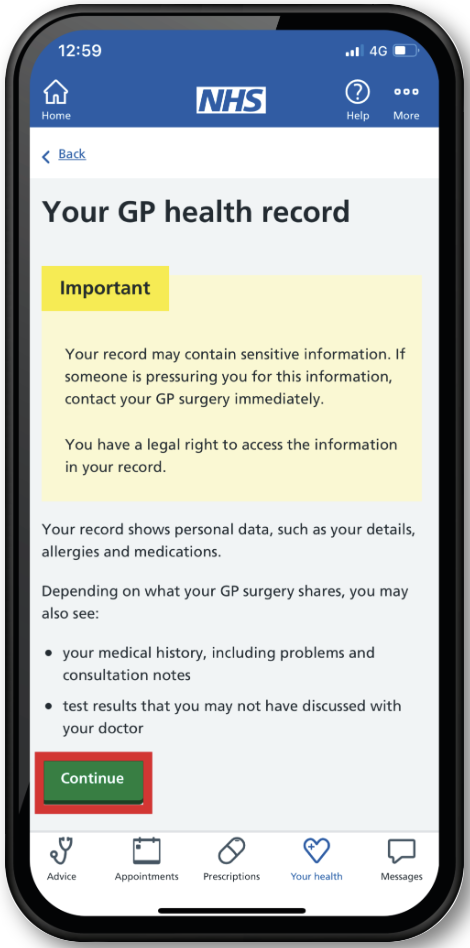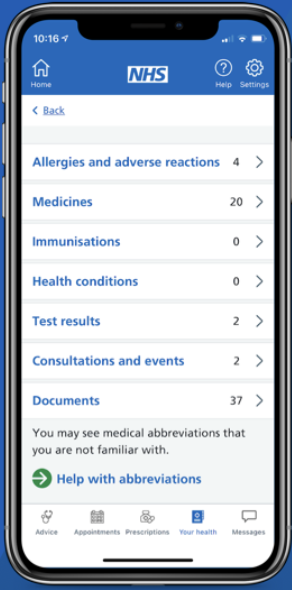We carry out 12-lead electrocardiograms (ECGs) on the request of a GP in order to diagnose and monitor conditions affecting the heart. You also may be asked to have a 12-lead ECG because you are taking certain medicines.
Who is the 12-lead ECG for?
An ECG is available for patients of the Practice over the age of 16, on the request of a Practice clinician. Patients over the age of 16 who hold an NHS GP registration with any Central London GP can also be referred to our Practice to have an ECG assessment. If your doctor recommends an ECG, think of it as a basic investigation.
Where do we provide a 12-lead ECG assessment?
All ECG assessments are based in the Practice.
Who will I see when I attend a 12-lead ECG assessment?
Our Health Practitioner team includes four Practice Nurses, four Healthcare Assistants and two GP Assistants. If you only wish to be seen by a female Health Practitioner, we advise you state your preference at time of appointment booking.
What does a 12-lead ECG involve?
The ECG is a simple test, with 10 electrodes used to record 12 different views of your heart’s electrical activity. An electrode is attached to each ankle and wrist with sticky pads and six more are attached to the chest. The patient lies almost flat with the head and chest raised a little. Relaxing for a few minutes before the recording is made is important, as this allows the electrode connections to stabilise and means the ECG will be more reliable. During this time, your details can be recorded on the ECG machine.
Very rarely someone may have a slight skin reaction to the electrodes, but normally there are no after effects.
Let the Health Practitioner doing the ECG know if you’d like someone else to be in the room with you (a chaperone). This could be someone you know, another nurse or a trained member of staff.
How should I prepare for my 12-lead ECG assessment?
There are some things you can do to help you prepare for an ECG (electrocardiogram), such as:
- wearing a top that’s easy to take on and off
- not putting body lotions, oils or talcum powder on your skin before the test
- not eating a heavy meal or having caffeine beforehand
- arriving to your appointment 5-10 minutes early so that you are not out of breath during your assessment
Some people may also need to have their chest shaved and cleaned before the test.
How will I get my 12-lead ECG result?
You may get your ECG (electrocardiogram) result on the same day, but it can take up to 5 days. You may need a follow-up appointment to talk about your ECG result. If you’ve not heard anything after a week, please contact the clinician who referred you for the ECG assessment. The referring clinician – whether a GP, Advanced Nurse Practitioner or the Practice-based Clinical Pharmacist – should explain to you your results and what happens next.
How do I access my ECG result in the NHS App?
- Login to the NHS App on your smartphone or via your web browser using the NHS App weblink. You will be able to sign in using Face ID or your NHS Login credentials.
- From the main menu, select ‘View your GP health record’.
- There will be a ‘sensitive information’ warning: please read the information and select ‘continue’ at the bottom of the page.
- By selecting ‘Documents’ from the menu, you can access a copy of the ECG report as a PDF formatted document. By selecting ‘Consultations and events’ from the menu, you can see comments from the GP who has reviewed your ECG report. If you cannot see ‘Documents’ or ‘Consultations and events’ in the menu, please contact the Practice to have your access reset.



